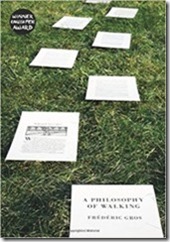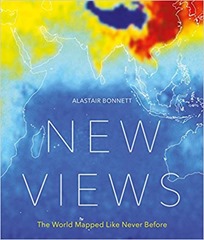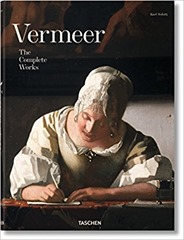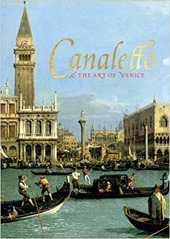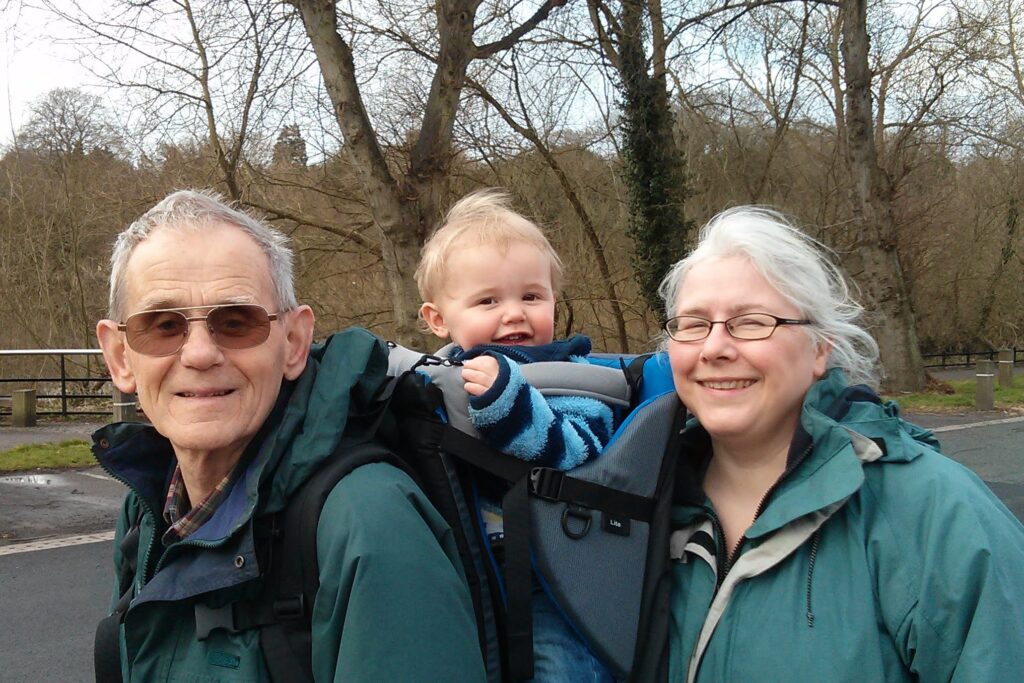
My dad, Andrew Hopkinson, died in Bournemouth Hospital at about 11:45am on Thursday 17th December 2020. He was born 11th August 1939.
Dad grew up in Yorkshire with his brothers David, Barry and John. He attended Bradford Grammar School, we still have his school reports and his passion for maths was obvious even then.
David remembers:
Andy and I were avid readers from quite a young age with similar tastes. To avoid friction we had a rule that whoever brought a book home had absolute right to it, and could demand it to be handed over even when the other was engrossed in it. This agreement worked very well though we did have occasional problems to persuade our father to abide by it.
Barry remembers:
Most of my memories of my brother Andy go back to our teenage years when we were particularly close.
We were in the scouts together at Baildon (6th Shipley Baildon Methodists Group) where we would meet weekly. We were a very active troop, one of our contemporaries being Ian Clough, who went on to be the first British climber (together with Chris Bonnington) to make the ascent of the North Wall of the Eiger. We did not aspire to such great things but we did go on together to gain the “Queen’s Scout Award” which was no mean achievement. I think we were the only ones to do so from Baildon in our era. We enjoyed annual scout camps together in Nidderdale and Borrowdale in the Lake District.
In the summer of 1958 we spent about 5 weeks together cycling around Europe. Our expedition took us down to Dover to make the channel crossing to Boulogne then across northern France to Strasbourg, through the Black Forest of western Germany and onward to Munich and Innsbruck before heading back through Austria, Switzerland and France. We were pulled in by the police near Innsbruck for not dismounting on the descent of a steep hill. I had done a bit of German at school and pleaded ignorance, repeatedly saying “Ich verstehe nicht, ich bin ein Englander”. The police simply shrugged their shoulders and muttered “Englanders, hah hah hah”. Just as I thought I was getting somewhere Andy says “Oh, Ich verstehe” and got us landed with an on the spot fine. We didn’t have any of the electronic gismos available today that provide a myriad of statistics and I don’t even have a record of the actual mileage covered, but I would guess at getting on for 3,000 miles (a few years ago I cycled to Rome to raise funds for the local hospice and covered 1,535 miles (I didn’t return home by bike on that occasion). We did all this with full camping gear and cooked all our own meals of course.
One Easter in the very early sixties Andy went to the Isle of Arran with me and two friends from the Bradford Pothole Club. While there we made the traverse of the whole of the Arran ridge plus Goat Fell in a day. From the summit of Goat Fell two of us dashed down to Brodick to get some beer while Andy and our other friend cooked the evening meal. It was a Sunday and although we managed to convince the barman we were bona fide travellers we were not permitted any “carry outs” so we downed a quick couple of pints before returning to our camp in Glen Rosa to break the sad news to the others.
Andy also joined us on at least one of our Bradford Pothole Club camps in the Lake District but I never managed to get him underground in any of the many caves in our beloved Yorkshire Dales.
Then Andy went to work and live in Dorset!“Cheerio Andy, we had some happy times together before our paths parted all those years ago”
He went up to Jesus College, Cambridge where he gained a 1st in Mathematics. He was cox of the Jesus College boat in the River Cam Bumps races. Here he felt he was with like-minded people, and he kept in touch with the College throughout his life, and would always tell stories of his time there.
He moved to Dorset to work at the UK Atomic Energy Authority site at Winfrith. A job he kept for his whole working life. He wrote computer code to simulate nuclear reactors; this is where he met my mum, Sylvia.
From a former colleague:
I was sorry to hear about Andrew – I’ve probably mentioned in the past that his work on drum dynamics – AEEW M 1123 – ‘A New Model for the Dynamics of Steam Drums’, is quoted in connection with water/steam separation in ‘Simulation and Control of Electrical Power Stations’, J. B. Knowles , John Wiley – a collection of papers produced from UKAEA and CEGB.
I can’t recall ever meeting him but I do remember borrowing his copy of Pippard on thermodynamics for many years.
In the early days Andy was an enthusiastic rock climber as well as a keen walker, Eric C. remembers:
As you probably know, I shared a flat with Andy at Sutton Poyntz near Weymouth for about 4-5 years, and it was an agreeable time. Andy was a gentleman with a fine temperament, and I think we enjoyed each other’s company. I’m enclosing a photo of Andy when we were camped in Easter 1963 in the Lake District at Wasdale. We were all trying to traverse round Wasdale before going back for dinner! I’m also enclosing a composite picture of Andy, Anth, Sheila and Tony George together with other members and friends of Wessex [Mountaineering Club] members in the Christmas 1962 camp at Wasdale – proof that in those days – 58 years ago we were still capable of climbing moderate sized mountains!
My younger brother, Paul, and I were born in the early seventies. We lived in Wool on Colliers Lane until we successively left for university. Dad was a stickler for safety, and would often tell the story of how, when we were returning home from the hospital after my birth, he had strapped my cot into the backseat of the car – the nurse had said it was customary for the mother to hold the baby in her arms! And so throughout our childhood Paul and I wore seatbelts in the back of the car, long before it was a legal requirement. This saved our lives exactly once.
Dad was a quiet, methodical DIYer. His most memorable project was a large stone fireplace/sideboard which he made from carefully labelled Portland stone, taking great care to hide wires for the stereo and TV that sat upon it – he despised visible wires.
It was not until I was quite old that I discovered that not all people keep a little book in the glove box of their car where they record every time they buy petrol, how much it cost and the car mileage at that point. Dad was always a methodical record keeper.
At Christmas I like to remember him for the time he heated a spoon to warm up brandy to set the Christmas pudding on fire, and tested the temperature of the spoon on his trousers, only to discover that polyester melts!
Dad did a lot of cycling and camping as a child; he kept cycling through most of his life but only as a way of getting around. Our holidays revolved around camping and walking, often in the New Forest, Scotland or Devon but also in great tours around Europe – a bigger organisational challenge in the days before the internet. Our final holiday with dad as a family was a road trip around the West Coast of the United States, starting in Calgary and going all the way down to the Grand Canyon and then back up through San Francisco and along the Pacific Coast crossing back through the Rockies. He told us glacial meltwater was a milky blue and too cold to swim in.
Dad kept an allotment on and off through much of his life, a passion he had inherited from his father. He was still worrying about harvesting and storing the apples from the trees in the garden shortly before he moved into the care home.
Trains were a constant through his life, I can remember his subscription to Modern Railways magazine arriving every month, and when he came to visit us in Chester from Christchurch the engineering works he saw on the way were often the first topic of conversation. He was happy to sit down and just read the national railway timetable. He had hoped to live to travel on the first leg of HS2, and see his first great-grandchild – I’m not sure what the priority was there!
Dad met Susan, my stepmother, on a night walk with the Ramblers Association, she was impressed by his ability to cook a full breakfast on a Primus stove after walking through the night. With Susan, my stepbrothers Kevin and Dominic joined the family.
Following his retirement, Susan and dad went on many walking trips, both around the United Kingdom and further afield in Italy, France, Tenerife and New Zealand. For their four month trip to Australia and New Zealand, my brother Paul was shocked to discover that all they took with them was a small rucksack each – the sort of size most of us would use as a day bag. After staying in bothies in New Zealand they looked to do similar in the Highlands.
Dad and Susan also attended many concerts together, joined the University of the Third Age which they enjoyed almost to the ends of their lives. Dad never lost his enthusiasm for learning new things. They were frequent users of the local library.
Dad was delighted when Sharon and I got married, after many years of “living in sin”. He was an enthusiastic grandparent when our son Thomas, now 8, was born. As he was for his other grandchildren, Chloe and Zach, Jamie and Alex.
From Margaret K., one of his friends at the Ramblers:
Andy was one of the first people I chatted with when I joined the Ramblers in early 2003 and from then on talking with him was always interesting. I learnt a great deal more from him than he did from me. He and Susan were enthusiastic users of public libraries and he found intriguing books to read on a wide variety of subjects. I found that reading some of his recommendations led me to all sorts of interesting information. His love of navigation and the countryside, especially the New Forest, made him a much appreciated leader of Ramblers’ walks and he was one of the leaders I observed in learning to lead walks myself.
He was an efficient secretary of the East Dorset Group of the Ramblers for a couple of long stints up to 2003 and soon after that became a careful chairman of the group for a few years, at that time helping to develop the group’s involvement in the Purbeck Plod, a 25 mile challenge walk. He volunteered at White Mill, which is on the River Stour near Blandford and at the visitor centre at Hengistbury Head.
Susan was still walking when I joined the Ramblers but her health problems made her pull out as time went on. My husband Bernie and I exchanged some dinner dates with the two of them, the last one in autumn 2019 when Susan was already very ill but she and Andy pulled out all the stops to get her out to the pub where we met.
In the last few years dad and Susan had both been seriously ill but they looked after each other. Following Susan’s death at the end of 2019, dad spent his final year in the Sunrise of Southbourne care home. He had a propensity to hoard things (plastic bags) and liked to save a few pennies – over 10,000 tooth picks were cleared from the house when he moved into the care home.
Initially rather ill, his health improved through the first few months, and he started taking extended trips out. Then the coronavirus came and he was confined to the home, but took full opportunity of the social opportunities it presented.
From Lana W. at Sunrise Care Home:
Thank you for putting your trust in us and for letting us look after Andy over the past year. He was a true gentleman who will always hold a special place in all of our hearts. I am going to miss his stories and seeing him complete his laps around the garden. He is already greatly missed by all especially the residents in mind gym.
My brother, Paul, was able to visit him on the Saturday before he died, he was a little down having been unwell for a couple of months but brightened up showing Paul around the pictures at the home. Kevin was able to visit him briefly in hospital on the morning he died.
Choosing music for dad’s funeral was hard, he was not really a musical person. From my childhood I remember The Hippopotamus Song by Flanders and Swann, Littles Boxes by Pete Seeger, Morningtown Ride by The Seekers, and The Elements by Tom Lehrer (actually a lot of Tom Lehrer, mostly entirely inappropriate for a funeral!). We thought of two solid funeral favourites, The Enigma Variations by Elgar – dad was interested in early computing and cryptography, visiting Bletchley Park where the German Enigma code was cracked. And Dvorak’s New World Symphony (better known as the Hovis advert music). It seems appropriate for dad to use music featuring a Yorkshireman providing a voice-over for a boy pushing a bicycle up a hill in Dorset, cycling, hills, Dorset and Yorkshire all being things he loved. We finished with Coronation Scot by Vivian Ellis – Coronation Scot was a famous locomotive inaugurated in the 1930s and the music has a steam-train theme to it.
We collected some photos of dad, they are here.
There is a lot of dad in me.
Rest in peace.

